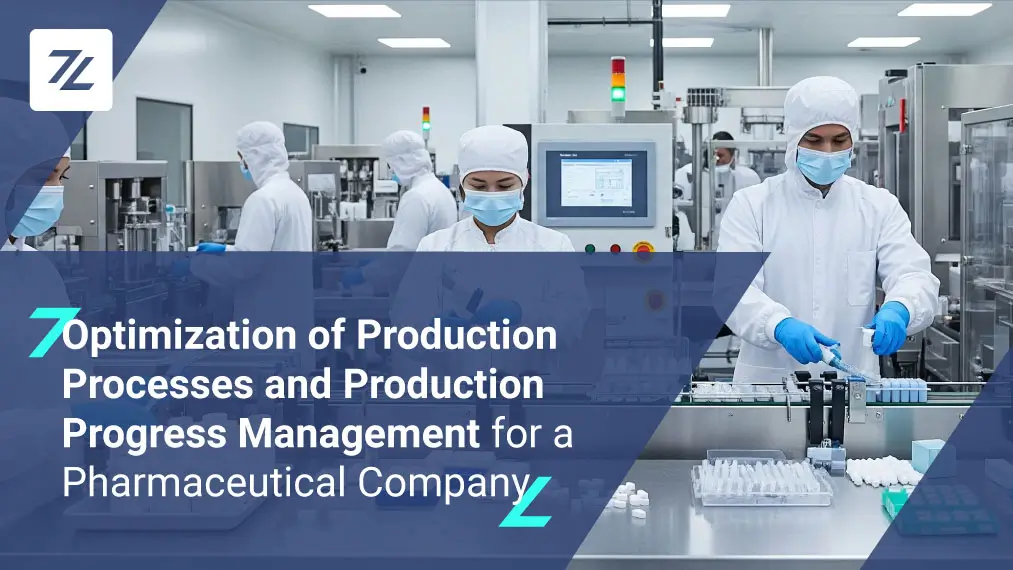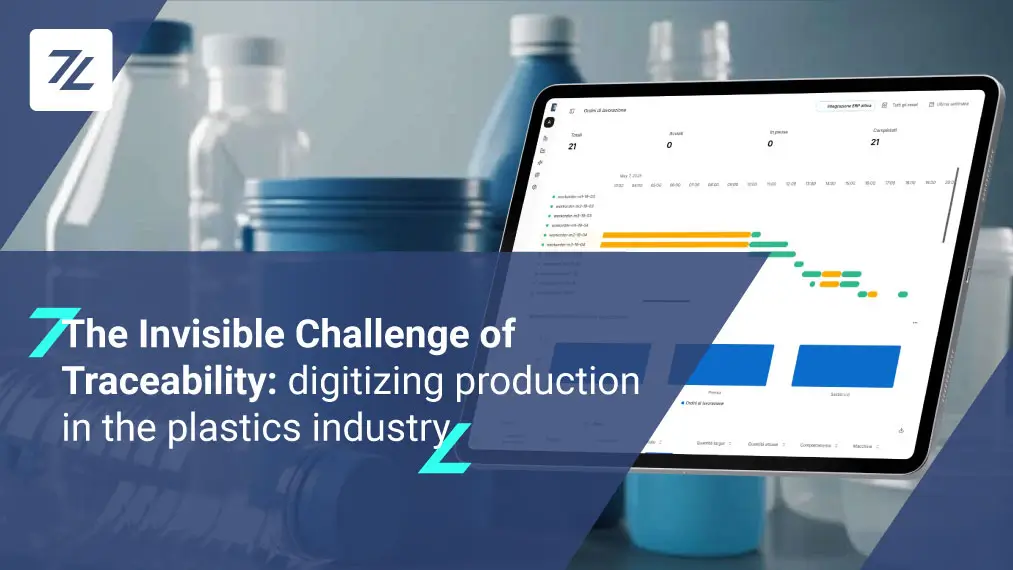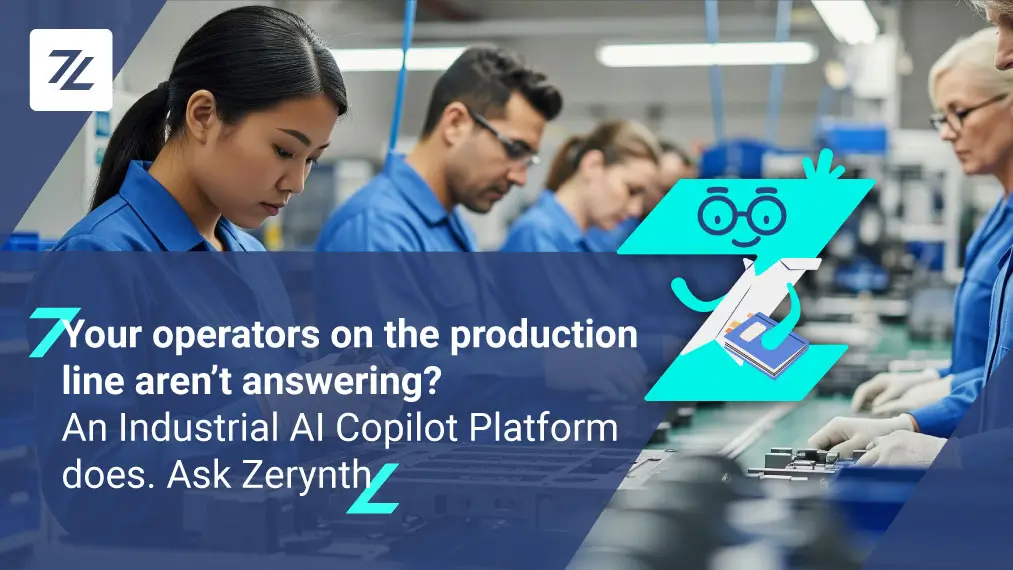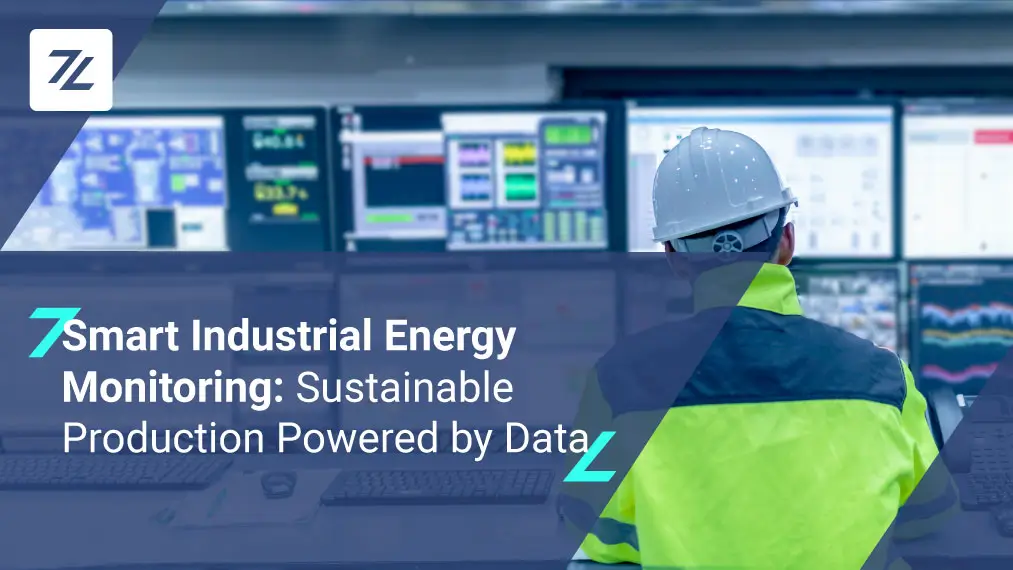Enabling artificial intelligence with IoT technologies takes extracted data analyses to a higher level ensuring solid decision-making processes in all industrial sectors: from manufacturing to transportation, from plastics to engineering.
The nascent element from the principles of Industry 4.0 and the point of contact between OT (Operation Technology) and IT (Information Technology) is the so-called “digital twin”, i.e. the digital twin of the machine. The great heterogeneity of communication protocols present in today’s market require interfacing different types of hardware and software modules which create quite a few communication problems.
Developing this new form of factory is based on distributed intelligence that is closer to the production line, coupled with advanced sensors and advanced data analysis, machine learning, and artificial intelligence techniques.
Artificial Intelligence: data analysis and process automation
The technology that has proven to be particularly effective in analyzing data, and transforming it into information useful for decision-making processes is Artificial Intelligence (AI), and the universe of Machine Learning algorithms.
Unlike traditional computers, which are programmed to perform predefined tasks such as running software, Artificial Intelligence is programmed to program itself.
And this is the learning process that is called Machine Learning, where machines are able to find solutions to specific problems autonomously.
The Industrial IoT is placed, in this context, as a kernel of the artificial intelligence paradigm, presenting itself as a starting point to then carry out data analysis, cloud computing, blockchain functions, etc.
Fig 1. Industrial IoT as an integral part of Artificial Intelligence
Maintenance management with AI techniques
The adoption of Artificial Intelligence in the industry allows machines to autonomously detect anomalies, monitor vital parameters in real-time, and identify the presence of potential causes of malfunctions or misuse before these lead to the actual manifestation of the fault.
Companies can, therefore, switch from scheduled maintenance or preventive maintenance to a predictive maintenance approach which guarantees the minimization of the occurrence of a sudden failure with consequent downtime and machine stops, making this advantageous for greater efficiency in the production process.
Specifically, many industrial assets waste energy from overheated electrical distribution systems and overloaded and misaligned rotating assets. Industrial IoT platforms supported by intelligent energy management and specific predictive maintenance systems constitute an effective solution to this specific industrial problem
Machine Learning algorithms for data analysis
Integrating Artificial Intelligence into Industrial IoT solutions involves identifying and developing Machine Learning algorithms to enable new functions and automate processes.
It is a question of investigating which are the best technologies and developing the structural elements of a system that allows for the easy analysis of myriad data coming from digitized industrial machinery and obtaining information in the form of KPIs or suggestions to be provided to customers via dashboards , with a particular focus on energy saving issues that reduce consumption (and costs) and predictive maintenance of machinery with rotating parts (such as motors).
IoT technology applied to “Industry 4.0” transformation processes represents an indispensable tool in the hands of industrial operators who find themselves today in a global market that is in constant transformation and with enormous challenges to face in terms of international competition, the procurement of raw materials, environmental sustainability, rising energy costs and managing changing and unstable supply chains.
Companies who approach this innovation, guided by the tenets from Artificial Intelligence, are no longer linked to a single discussion of economic convenience but are increasingly becoming an essential element for facing future challenges on a par with increasingly fierce and aggressively organized competitors.
The path to digitization in industry 4.0
We are experiencing a real transformation and we are in the midst of an industrial revolution: the fourth one. The approach of companies to this novelty is no longer linked to a discourse of economic convenience but is increasingly becoming an essential element for facing future challenges on a par with increasingly aggressive and organized competitors.
There are many aspects of Industry 4.0 that can be applied to different companies and different sectors addressing complex problems in optimizing productivity, maintenance management, energy efficiency, and, in general, to start processes informed with effective business-related decision-making.
Artificial intelligence supports Industrial IoT technologies and helps companies carry out complete digitization 4.0 processes
There are many reasons why building energy models are a vital asset: whether you are demonstrating regulatory compliance, increasing energy efficiency or investigating poor performance. One of these reasons is the ability to simulate what-if scenarios essential to make informed decisions.
Data collection: from Artificial Intelligence to Machine Learning
In the digital transformation process that is bringing Industry 4.0 into the production system, the self-aware factory represents a natural transition from current processes. However, data collection, digitization and artificial intelligence do not directly provide the solution to problems or direct indications about the strategies to employ.
It is essential to be able to analyze the data collected in real-time, in order to identify the correlations underlying probable scenarios based on current conditions and, therefore, identify those actions which, by modifying the surrounding conditions, lead to excellent results in the spirit of minimizing waste, increasing productivity, and maximizing energy efficiency.
If you are interested in learning more about this topic, read how the Industrial IoT and Artificial Intelligence can enable the Industry 4.0 paradigm by supporting companies in the complete digitization process.
Share This Story, Choose Your Platform!
Follow Zerynth on
Latest Posts






